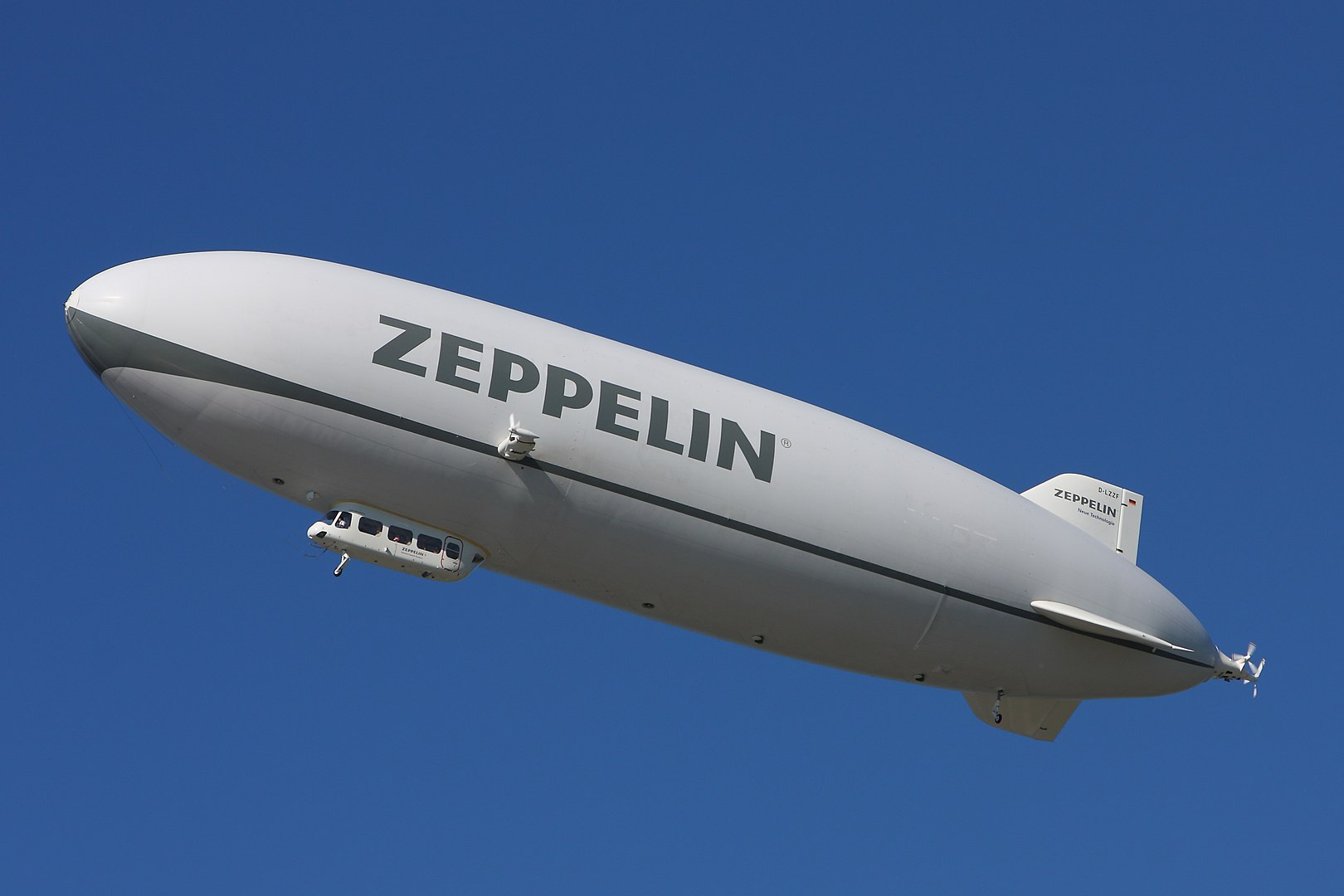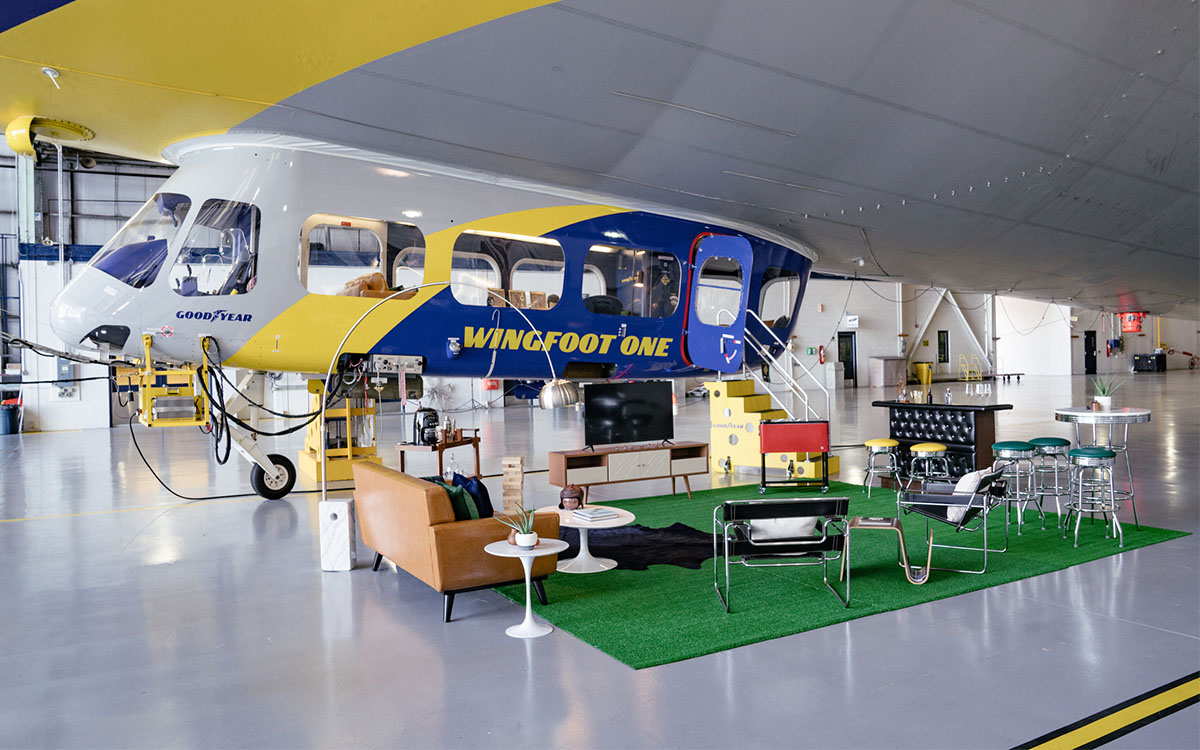In late 2019, Sergey Brin and Larry Page — best known as the co-founders of Google — announced that they were stepping back from Alphabet, Google’s parent company. As of this writing, Brin’s net worth is $86 billion. And this information begs the question: what do you do when you have a surplus of time on your hands and a lot of money at your disposal?
If you’re Sergey Brin, the answer involves airships.
A new SFGATE report by Madeline Wells explores Brin’s ongoing efforts to build airships via his company LTA Research and Exploration. The company’s goal? A statement on their website notes that “we strive to improve humanitarian aid delivery and reduce carbon emissions, while providing economic opportunity and new jobs to Americans.”
The SFGATE article offers a good overview of what we know about Brin’s venture, which has historically been relatively secretive. LTA’s website includes a job listing alluding to a propulsion system involving a massive hydrogen fuel cell — one with a capacity of 1.5 megawatts. (The current record is .25 megawatts.) Watts notes that this system would give the airships an increased range and allow them to carry more materials — both significant concerns when involved in humanitarian work.
Hydrogen fuel cells are lighter than lithium-ion fuel cells, one of several reasons why they’re of particular interest to this project.
As another recent article points out, LTA’s ongoing work is steeped in history — the company has facilities based in Akron, which had a long history of airship construction in the 20th century. As with the growing prominence of airships, this feels like a compelling blend of old and new.
Thanks for reading InsideHook. Sign up for our daily newsletter and be in the know.
















